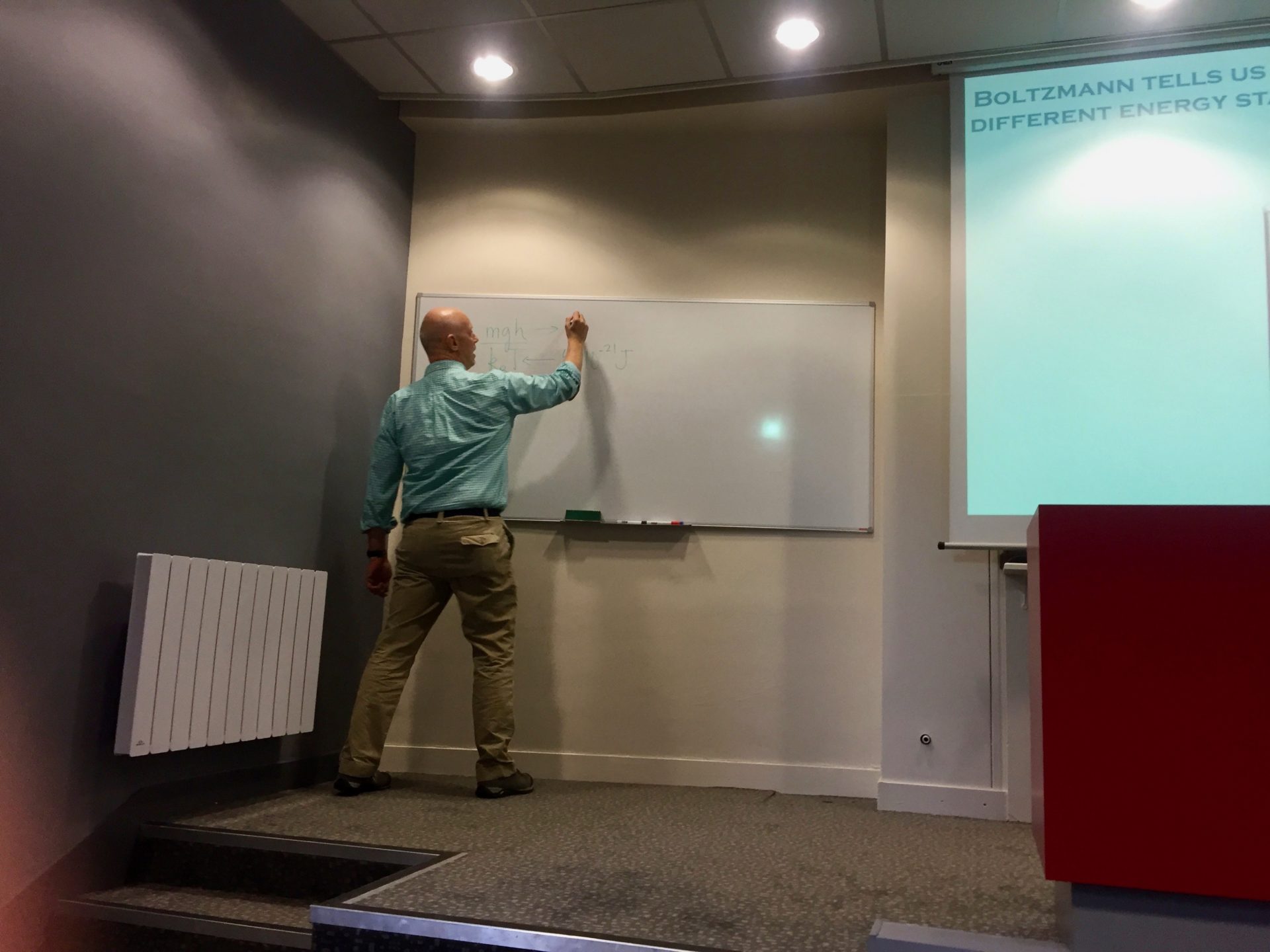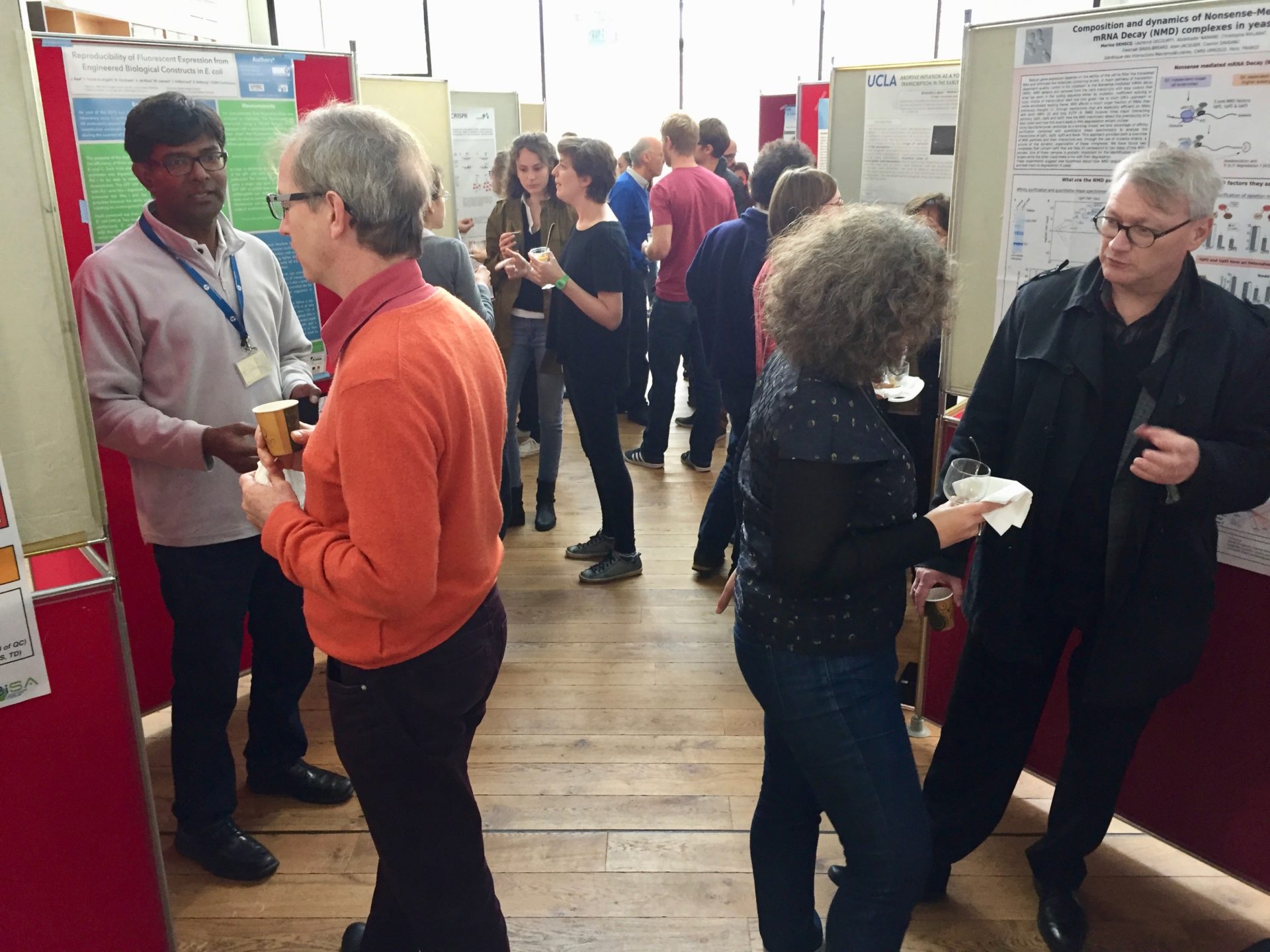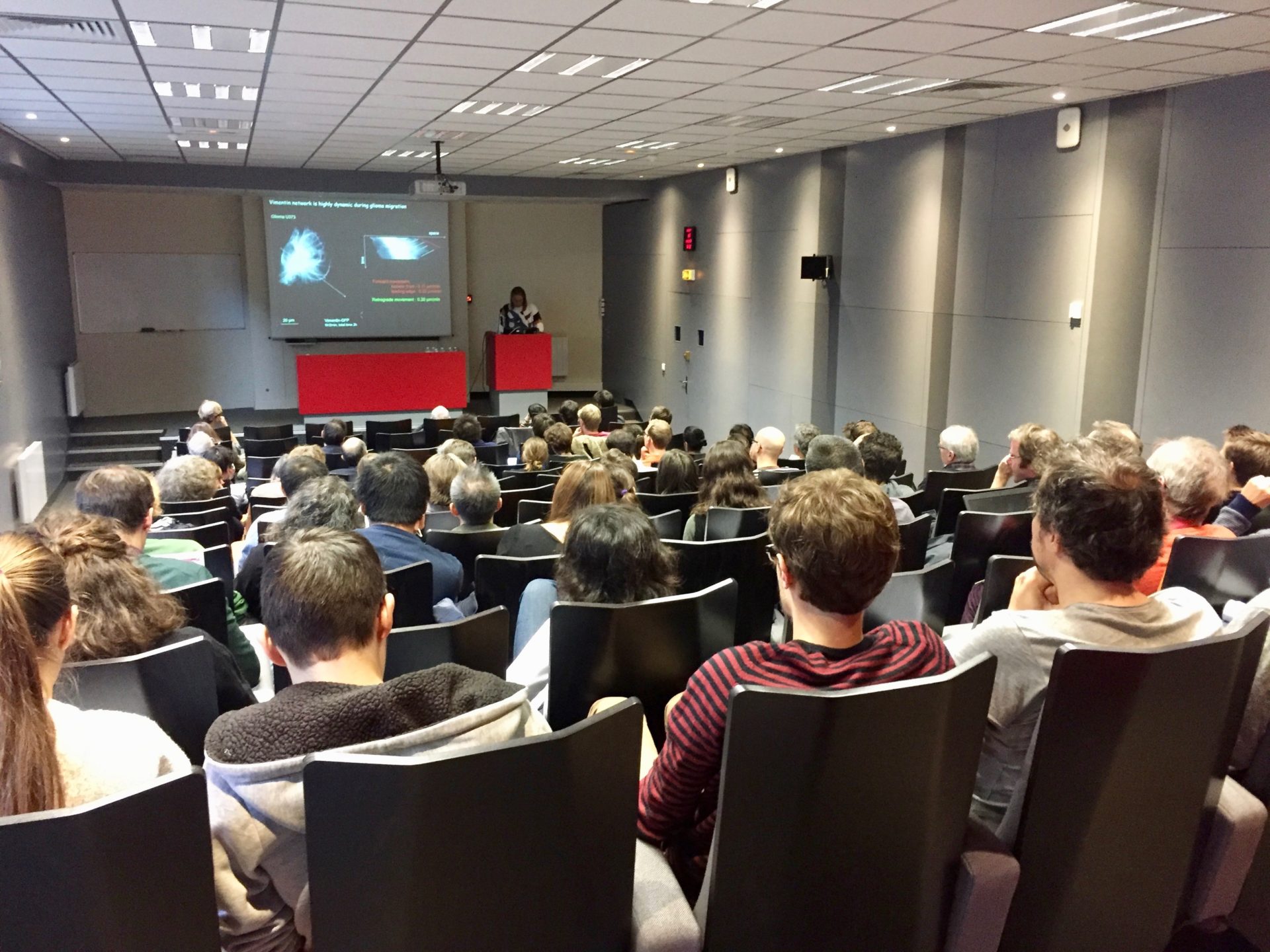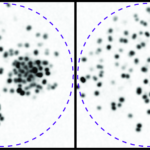The Quantitative Biology program of the Institut Pasteur is intended to facilitate research and education at the interface of biology and the more quantitative sciences. One of the major aims of Quantitative Biology is thus to understand the underlying principles of complex biological behavior in terms of physical and mathematical models. This approach overarches all fields of biology.

Coordination
Teams
Laboratory
UMR
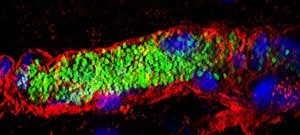
Pathogenesis of vascular infections
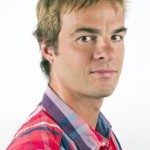
Guillaume Dumenil
Laboratory
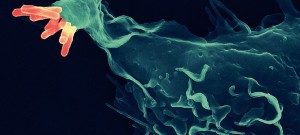
Dynamics of Host-Pathogen Interactions
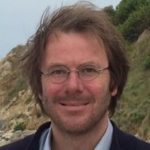
Jost Enninga
Laboratory
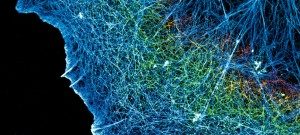
Imaging and Modeling
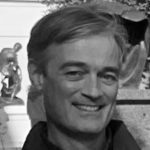
Christophe Zimmer
Laboratory
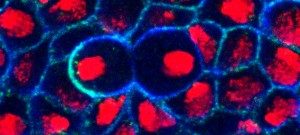
Dynamics of Developmental Decisions in Drosophila
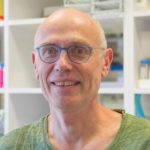
François Schweisguth
Laboratory
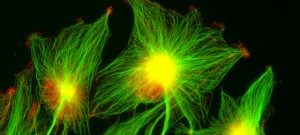
Cell Polarity, Migration And Cancer
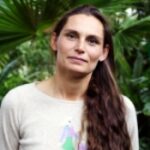
Sandrine Etienne-Manneville
Laboratory
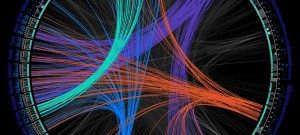
Human Evolutionary Genetics

Lluis Quintana-Murci
Laboratory
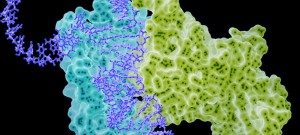
Structural Bioinformatics
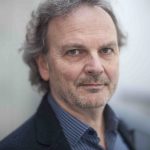
Michael Nilges
Laboratory

Biological Image Analysis
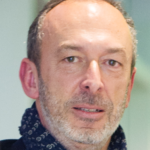
Jean-Christophe Olivo-Marin
Laboratory
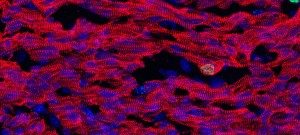
Heart Morphogenesis
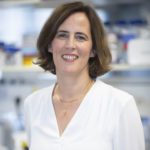
Sigolène Meilhac
Group
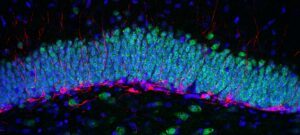
Neural circuits for spatial navigation and memory
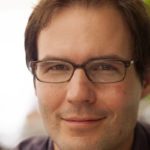
Christoph Schmidt-Hieber
Laboratory
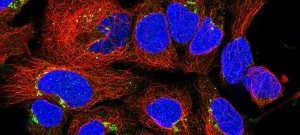
Membrane Traffic and Pathogenesis

Chiara Zurzolo
Group
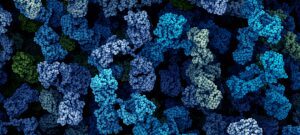
Group: Translation dependent mRNA degradation
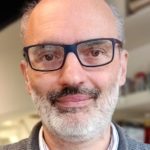
Cosmin Saveanu
Laboratory
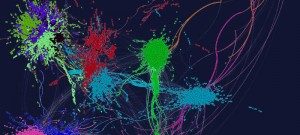
Spatial Regulation of Genomes
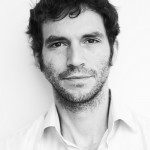
Romain Koszul
Laboratory
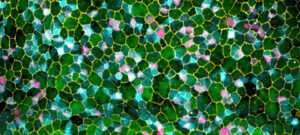
Zebrafish Neurogenetics
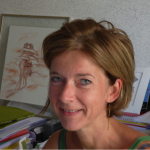
Laure Bally-Cuif
Laboratory
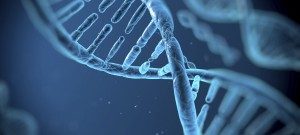
Auditory Therapies Innovation Lab

Christine Petit
Laboratory
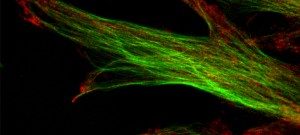
Biochemistry of Macromolecular Interactions
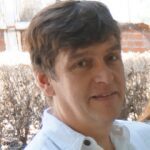
Daniel Ladant
Platform
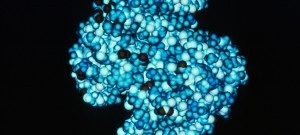
Molecular Biophysics
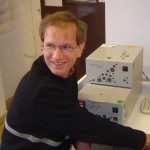
Patrick England
Laboratory
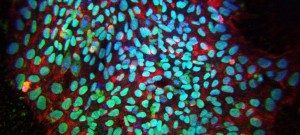
Stem Cells And Development
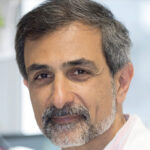
Shahragim Tajbakhsh
Laboratory
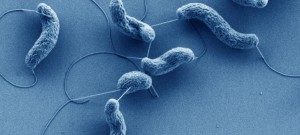
Bacterial Genome Plasticity
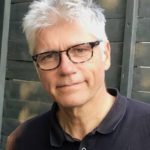
Didier Mazel
Laboratory
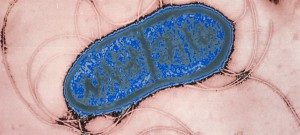
Synthetic Biology
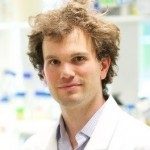
David Bikard
Group

BiophysiCyaA
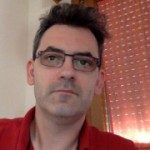
Alexandre Chenal
Laboratory
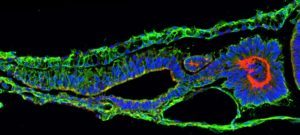
Dynamic Regulation of Morphogenesis
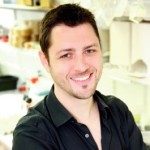
Jérôme Gros
Laboratory
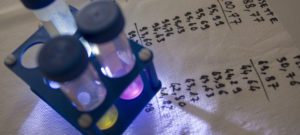
InBio: Experimental and Computational Methods for Modeling Cellular Processes
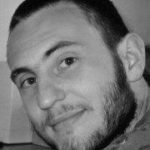
Grégory Batt
Group
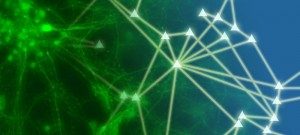
Synapse and Circuit Dynamics
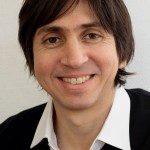
David DiGregorio
Laboratory

Neural Circuit Dynamics and Decision Making
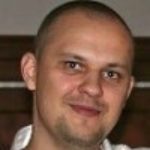
Florent Haiss
Laboratory

Physical Microfluidics and Bioengineering
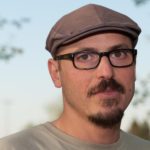
Charles Baroud
Laboratory
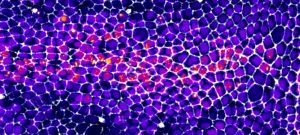
Cell death and epithelial homeostasis
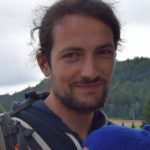
Romain Levayer
Laboratory
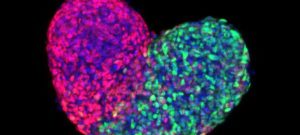
Physics of Biological Function
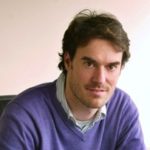
Thomas Gregor
Laboratory

Decision and Bayesian Computation

Jean-Baptiste Masson
Jobs
Qbio Symposia
• October 17th 2016: “Kick off meeting” of the Qbio program (Guillaume Duménil, Sven van Teeffelen)
• June 9th 2017: “Forces in Biology” (Romain Levayer, Nicolas Dray, Sandrine Etienne-Manneville, Patrick England, Alexandre Dufour).
• May 25th 2018: “Physics of Biological Membranes” (Thomas Wollert (IP), Patricia Bassereau (Curie))
• October 11-12 2018: “Neural networks – from machines to brains” (David Di Gregorio, JB Masson, and Christoph Schmidt-Hieber (IP), Rémi Monasson (ENS))
• January 2019: “Quantitative cell biology of bacteria“ (Guillaume Duménil, Sven van Teeffelen)
• June 2021: “Bridging the scales, from single cells, to populations, tissues and organs” (Charles Baroud, Romain Levayer)
• October 2021: “The physics of cancer” (Sandrine Etienne-Manneville, Romain Levayer, jointly with the Cancer intiative)
• December 2022: “MeMoDEvo: Mechanics, Morphogenesis, Development and Evolution” (Thibaut Brunet, Romain Levayer, Katja Heuer and Roberto Toro)
Contacts
If you wish to be informed by email please sign up on the Qbio@pasteur.fr mailing list. Connect to this address : https://email.pasteur.fr/ Go to the Settings menu then options and then groups and sign-in.
Quantitative biology at the Institut Pasteur
Many Pasteur laboratories are integrating physical approaches in their studies ranging from structural biology, via cell biology, to infection, neurobiology and development.
• Multiscale self-organization is studied at the level of protein machineries in bacteria, cytoskeleton during the migration of eucaryotic cells and organizaton of tissues during development.
• Cellular and tissue mechanics are explored during bacterial aggregation, grastrulation and heart development as well as during amoebae movement.
• Information processing and signaling are studied in the context of neurobiology, 3D genome architecture, transciption and cell decision making.
Objectives of the Qbio program at Institut Pasteur
The Quantitative Biology program aims to encourage these developments on campus. The major purpose of this program is:
• To foster interactions between scientists involved in Quantitative Biology at Institut Pasteur through seminars and mini-symposiums.
• To bring quantitatively trained scientists into biology
• To encourage biologists to integrate quantitative models into their research
Qbio progress reports:
The Qbio programm organise monthly progress reports where early career scientists (PhD, postdoc) present ongoing projects at the interface between biology, physics and/or mathematics in an informal setting. The primary aim is to foster interactions on the campus. The meetings currently take place online and on site on Thursdays at 2pm every month. Contact the organisers if you would like to join.
Pictures & Media
